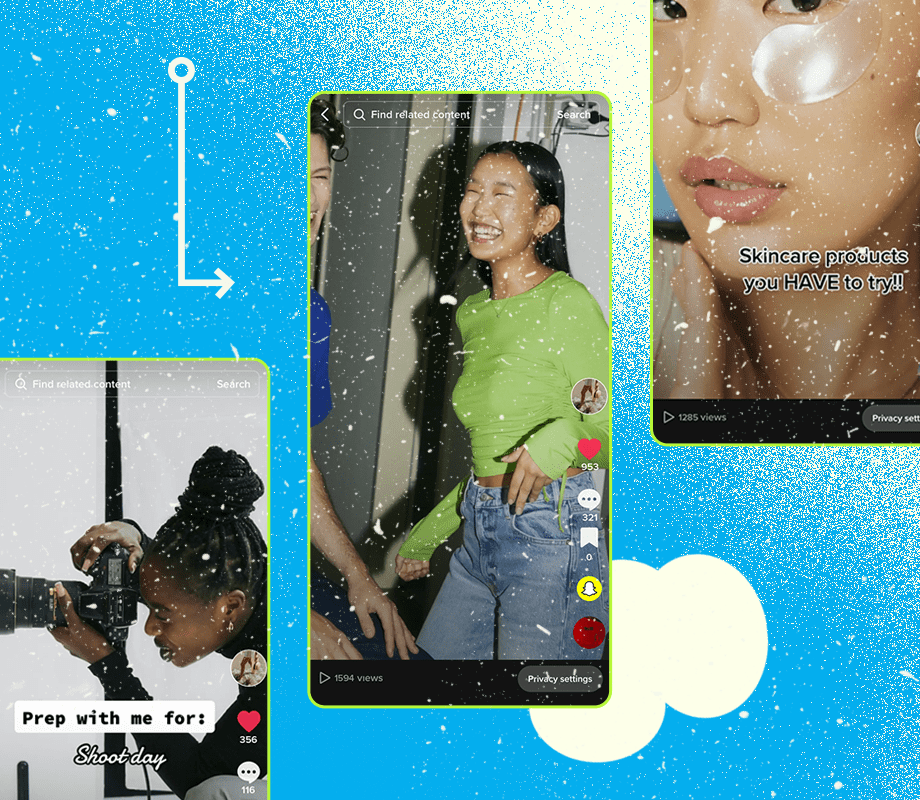A new hazard has materialized in Midjourney’s path: a copyright lawsuit brought by Disney and Universal on Wednesday that accuses the AI image-generation platform of duplicating the copyrighted work of the two entertainment giants.
In the suit, Disney’s studios—Disney Enterprises, Marvel Characters, MVL Film Finance, Lucasfilm Ltd., and Twentieth Century Fox Film—as well as Universal’s Universal City Studios Productions and DreamWorks Animation describe Midjourney as “a virtual vending machine” that spits out near copies of their characters.
The 110-page complaint alleges that the Bay Area startup first engaged in extensive scraping of the studios’ content to train its algorithms, allowing Midjourney to generate impressively accurate renditions of such Disney and Universal characters as Darth Vader, Bart Simpson, Iron Man, and Shrek, even in response to generic prompts like “popular 90’s animated cartoon with yellow skin.”
(The extensive screengrabs showing Midjourney’s output next to Disney and Universal still images make this the most colorful legal filing we have seen yet.)
“By helping itself to Plaintiffs’ copyrighted works, and then distributing images (and soon videos) that blatantly incorporate and copy Disney’s and Universal’s famous characters—without investing a penny in their creation—Midjourney is the quintessential copyright free-rider and a bottomless pit of plagiarism,” the complaint reads.
Disney and Universal cite a January 2024 piece in IEEE Spectrum by Gary Marcus and Reid Southen about “plagiaristic outputs” from generative-AI systems, as well as 2022 interviews of Midjourney CEO David Holz by Forbes and The Verge in which he described an indiscriminate scraping process that ignored copyright considerations.
Under copyright law, a fictional character itself, not just the creative work in which it appears, is entitled to legal protection until it enters the public domain, a point that is decades away for the cast covered in the Disney-Universal suit.
The complaint contrasts Midjourney’s prolific creation of lookalike images of Disney and Universal characters with the service’s enforcement of provisions banning nudity and images of political candidates. And it says that aside from one acknowledgment of a cease-and-desist letter from Disney’s legal counsel, Midjourney did not respond to the studios before they sued.
Get Our Best Stories!
Your Daily Dose of Our Top Tech News
By clicking Sign Me Up, you confirm you are 16+ and agree to our Terms of Use and Privacy Policy.
Thanks for signing up!
Your subscription has been confirmed. Keep an eye on your inbox!
Disney and Universal’s suit ends with an open-ended request for damages, the restitution of Midjourney’s profits, and an injunction permanently barring the company from copying or recreating the studios’ content.
Midjourney did not immediately respond to a Wednesday request for comment.
Reframing the AI Copyright Argument
The service offers a variety of subscription plans, starting at a “Basic” offering at $10 a month or $96 a year. It debuted in 2022 as a service hosted on a Discord server and quickly drew interest among creative types intrigued by the possibilities of generative AI; last year, Midjourney opened direct access on its own site.
Recommended by Our Editors
From the get-go, “gen AI” has raised ethical questions about both how AI platforms must ingest vast volumes of copyrighted work and how closely their output can duplicate those originals.
“The supply chain for generative AI technology implicates a number of novel and complex questions of copyright law, particularly around fair use, whose answers are hard to predict in advance,” emailed Blake Reid, a professor at the University of Colorado Law School.
“But this complaint’s rhetoric and dozens of pages of generative AI outputs juxtaposed with familiar characters strike me as an effort to reframe the issues in much simpler terms”—a straightforward case of plagiarism, Blake says.
Some lawsuits about gen AI have already been making their way through the courts. In February, a federal judge ruled for Thomson Reuters in holding that an AI service’s copying of content from that company’s Westlaw platform did not constitute “fair use” under copyright law. In March, another judge allowed a copyright-infringement suit brought against Meta by a group of authors, including Sarah Silverman and Ta-Nehisi Coates to proceed.
PCMag’s parent company Ziff Davis is among the publishers pursuing litigation against AI platforms, having filed a lawsuit against OpenAI in April 2025 alleging it infringed Ziff Davis copyrights in training and operating its AI systems.

 5 Ways to Get More Out of Your ChatGPT Conversations
5 Ways to Get More Out of Your ChatGPT Conversations
About Rob Pegoraro
Contributor










